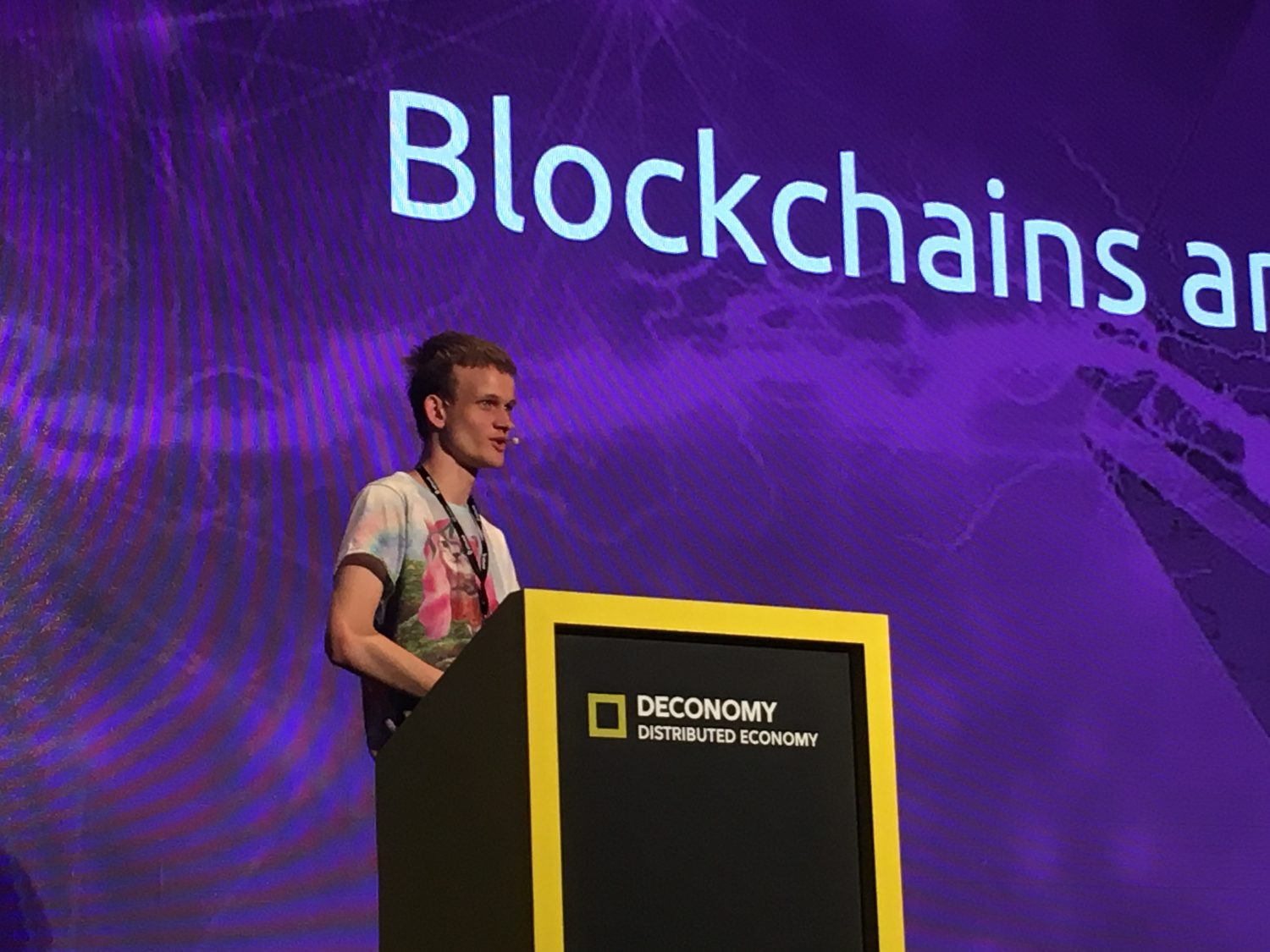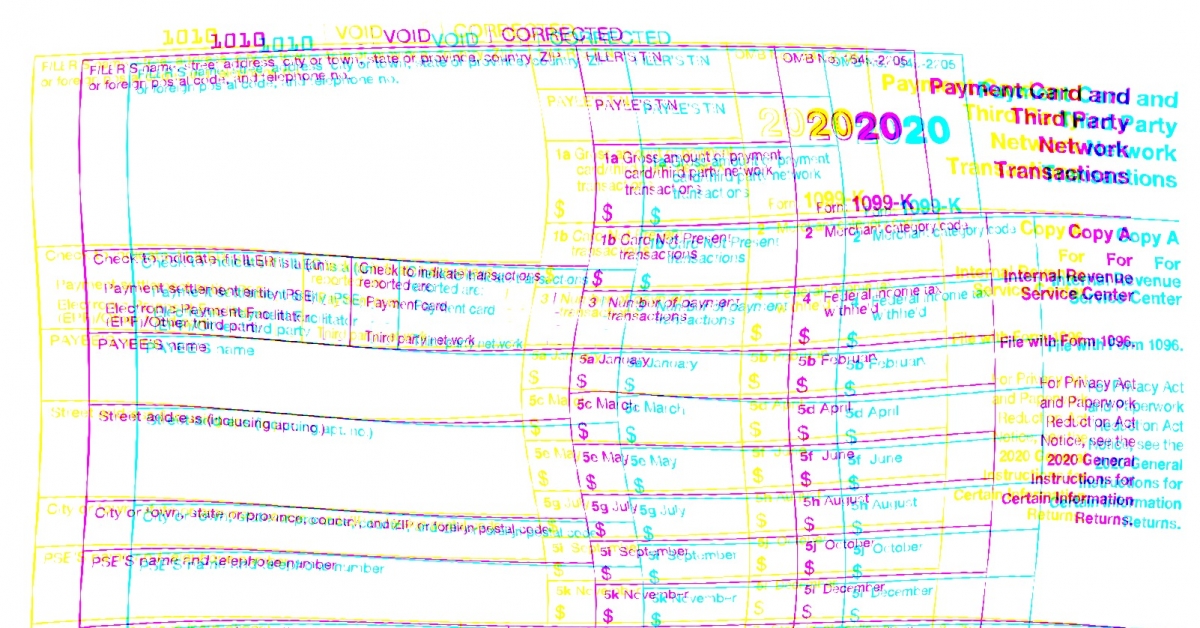Ethereum’s next system-wide upgrade, Eth 2.0, won’t launch in Q2 2020 as expected, but researchers remain confident the initial network parameters will deploy in 2020. Anything less would be considered a “failure,” they said.
In an “Ask Me Anything” Reddit discussion held Wednesday, the Eth 2.0 team said the network won’t launch until three clients can run testnets consistently for a minimum of eight weeks. AMA participants included ethereum co-founder Vitalik Buterin and Eth 2.0 researchers Danny Ryan and Justin Drake.
“I have 95% confidence we will launch in 2020,” Drake wrote.
Eth 2.0, the next iteration of the world’s leading smart-contract blockchain, promises higher transaction throughput and a new security model under Proof-of-Stake (PoS). Often called Serenity, Eth 2.0 has been in the works since ethereum’s launch in 2015 but has been slow to get off the ground due to the highly technical nature of the endeavor.
The launch for Eth 2.0 was first slated for January 2020 and then an undisclosed date in Q2 2020. Developers are now eyeing the network’s fifth anniversary, July 30, 2020, for Eth 2.0’s debut.
“Phase 0 will certainly launch in 2020. Audits are out and testnets are getting stronger every week,” Ryan said in the discussion thread. “I don’t see a reality in which Phase 0 does not launch in 2020.”
Ryan and Buterin said they believe Eth 2.0 could deploy Phase 0, the Beacon Chain, which acts as a general manager of Eth 2.0’s PoS system, on only two stable clients. Other Eth 2.0 researchers are opting for a more conservative approach, however.
At the time of ethereum’s debut in 2015, the Parity client launched after Geth, leading to the validator set swinging disproportionately toward the latter client, at an 80-20 tilt, Drake said. “Parity never managed to catch up with Geth,” he added.
Regardless of the launch date, Phase 0 and Phase 1 are 99 and 90 percent complete, respectively, Ryan said. Phase 1 will link ETH holders who have staked their assets to the Beacon Chain, joining the ribs to the backbone of the new network.
Third-party code audits and testnets – such as a lite client capable of being run on an Android smartphone demoed by Ethereum developer Nimbus on Tuesday – remain the outstanding tasks, Eth 2.0 researcher Diederik Loerakker said.
Spring cleaning
The coming months should also feature one major update for ethereum coin holders looking to participate in Eth 2.0’s launch: staking contracts.
As a PoS network, asset holders are rewarded for pledging their coin holdings to protect and validate the network. Eth 2.0 will require 32 ETH, currently valued around $6,400, to participate as a validator.
Contracts for staking ether (ETH) are under audit with an announcement expected this spring at a major ethereum event, Ryan said. The team said the number of validators could run into the millions with one researcher claiming up to 10 percent of ether’s supply, which has a current market cap of $23 billion, could be staked on Eth 2.0.
Finally, the Eth 2.0 team continues to examine how to package the current ethereum network, a Proof-of-Work (PoW) network, into Eth 2.0.
Dubbed “Eth 1.5”, two options have been proposed: transitioning Eth 1.x into “stateless clients,” as detailed in a December blog post from Buterin, or merging Eth 1.x into the Eth 2.0’s Beacon Chain “as is.”
In short, the current ethereum blockchain can either be trimmed into digital receipts proving the authenticity of old PoW transactions or Eth 1.x can work within Eth 2.0 through interoperability bridges until the new chain is fully built out.
As Buterin noted, the former option – digital receipts – seems to be “the way the wind is blowing.” Still, significant challenges remain such as the “technical viability” of stateless clients and the “megabyte-size blocks every 13 seconds that they would entail,” Buterin said.
Disclosure Read More
The leader in blockchain news, CoinDesk is a media outlet that strives for the highest journalistic standards and abides by a strict set of editorial policies. CoinDesk is an independent operating subsidiary of Digital Currency Group, which invests in cryptocurrencies and blockchain startups.



